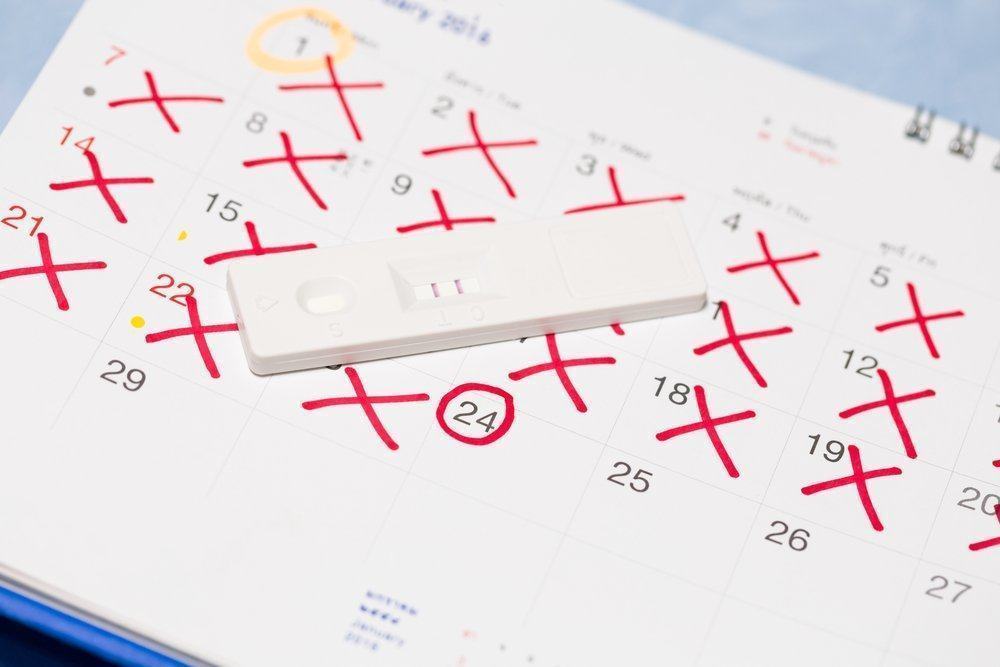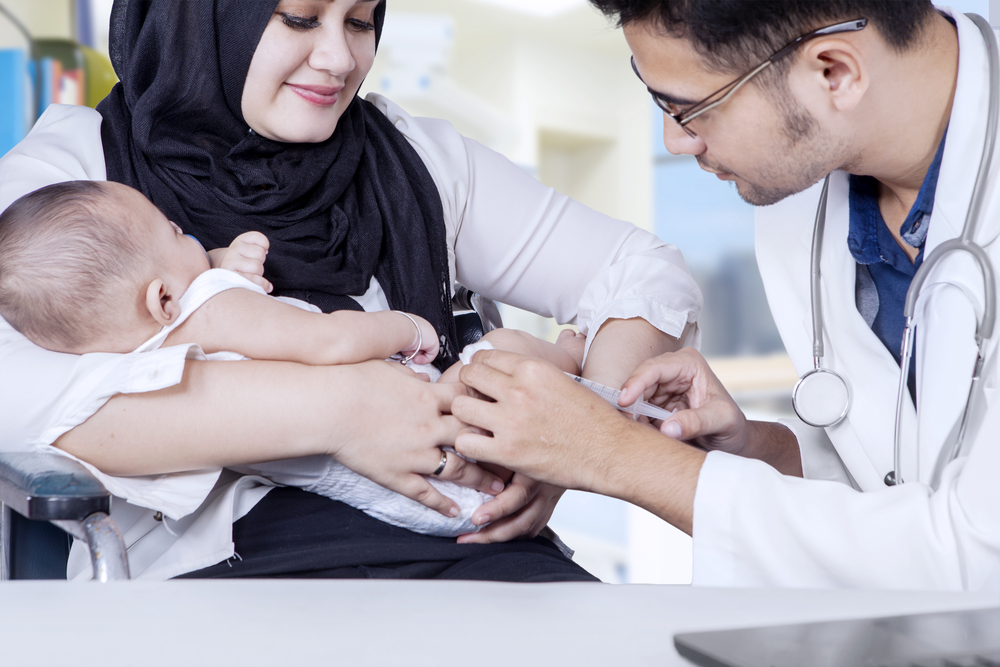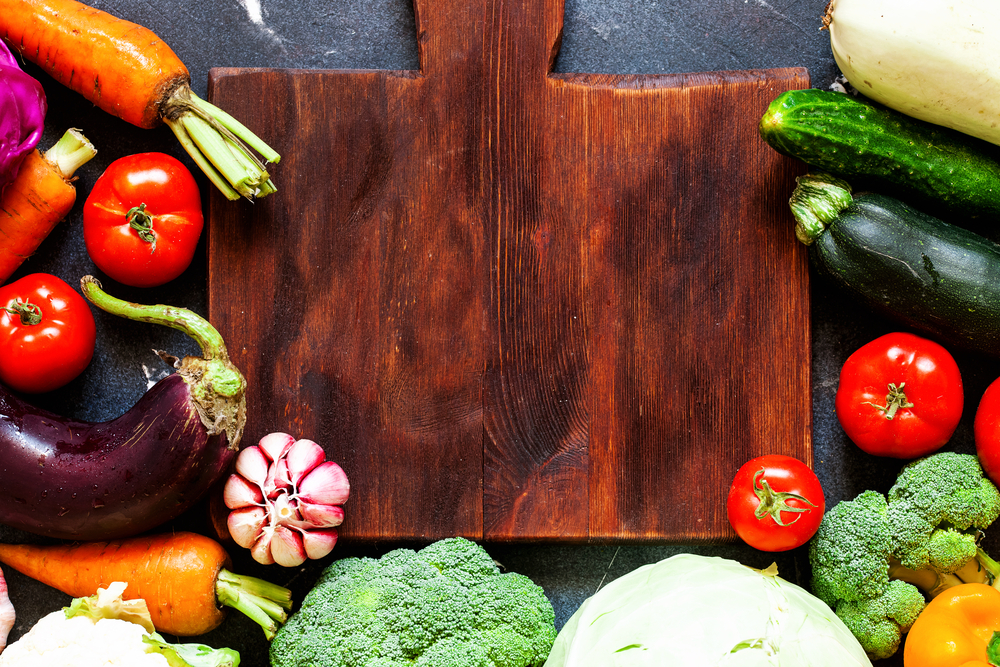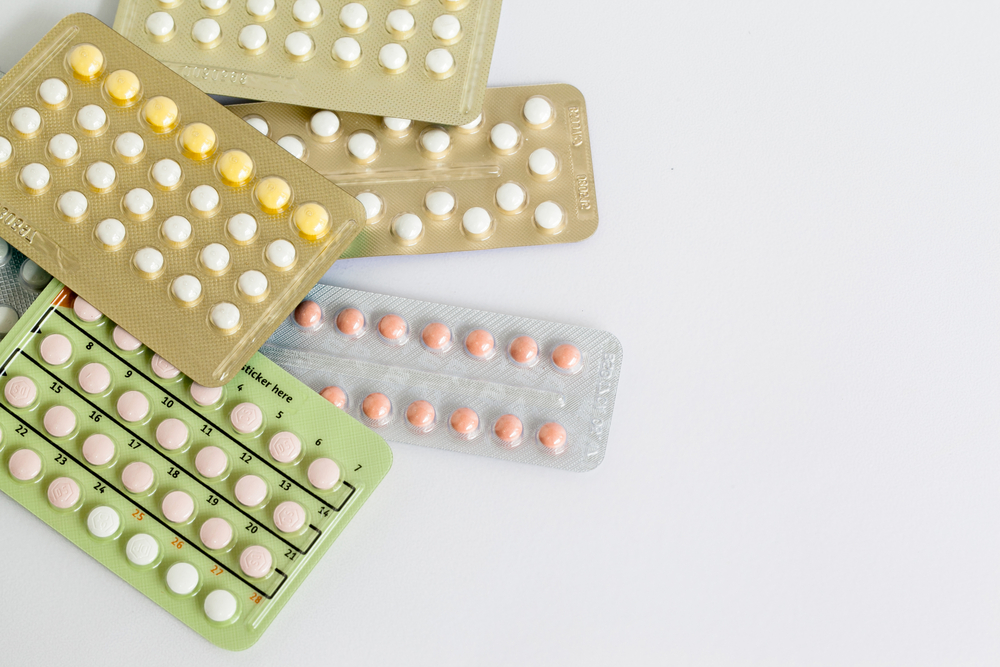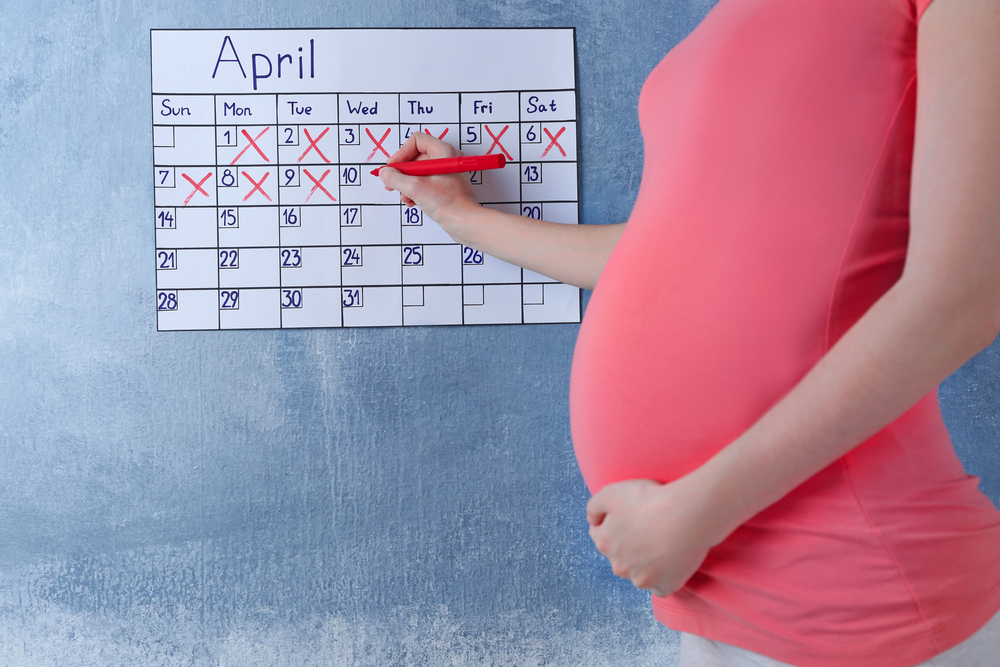Contents:
- Medical Video: Fertility Advice for Women: Dr. Sanjay Agarwal
- How do you calculate the correct fertility period?
- Make a fertile schedule
- How to maximize fertility
- 1. Routine sex
- 2. Having sex once a day close to the time of ovulation
- 3. Maintain a healthy lifestyle
- 4. Consider preconception planning
- 5. Take vitamins
- 6. Having sex in the morning
Medical Video: Fertility Advice for Women: Dr. Sanjay Agarwal
For some couples, pregnancy is easy. However, for other couples, this requires patience and a little luck. Many have tried to calculate fertility, but still fail to get pregnant. We also need to know that not all methods of calculating fertility will be accurate. This can be affected by irregular menstrual cycles, decreased fertility, or there are errors in the method you use.
How do you calculate the correct fertility period?
Dr. Philip B.Imler & David Wilbanks in his book entitled The Essential Guide to Getting Pregnant suggest fork targets ovulation as the right time to have sex if you want to get pregnant.
Actually, fertilization can only occur during ovulation. However, ovulation or release of eggs (ovum) from the ovary (ovary) only occurs once on one day in one cycle. Only at this time can sperm meet with the ovum. But unfortunately, no one can ascertain the exact day of ovulation in someone. Therefore, determining the fertile period is very important because it is at this time that the possibility of ovulation occurs.
First of all, you need to know your menstrual cycle. In general, a woman's menstrual cycle lasts 28 days. But if your cycle is shorter or longer, for example 32 days, this is still considered normal. This cycle starts from the first day of menstruation until the first day of the next menstruation.
In women with a 28 day menstrual cycle, ovulation is expected to occur on the 14th day or mid-menstrual cycle. But again, this is not something certain. Ovulation can occur faster or slower. It is important to estimate the fertile period that lasts on the 6th to 21st day (remember, this is a calculation for the 28 day menstrual cycle) It is at this time that you should get in touch regularly to increase the chances of conception.
You should also know the signs of ovulation, i.e.
- vaginal fluid becomes thinner and slippery
- there is an increase in basal body temperature
- changes in position and suppleness of the cervix
Or, you can also calculate when your next fertility and ovulation period, usingFertility Calculator below this. Just click the following picture:
Make a fertile schedule
Make notes to help you remember a good day to plan a pregnancy.
- Mark the calendar immediately on your first day of menstruation, because it is the 1st day of your cycle.
- Count forward 6 days ahead. Day 7 is the day that is the beginning of your fertile period.
- Mark the calendar in the fertile phase which lasts 14 days from 7-20 days (or days 6-21 if you want more confidence).
- Start to focus on having sex every day during the fertile period to meet with ovulation.
Keep in mind that this method is only reliable by women with menstrual cycles that are shorter than 31 days. That is, from the first day of menstruation to the next menstruation, there is a distance of no more than 31 days. If you have a longer or irregular cycle, you should track ovulation more closely. However, for the most part, this method is the best method with the easiest way to target ovulation and maximize your efforts to get pregnant.
How to maximize fertility
1. Routine sex
If you consistently have sex two or three times a week, you have a high chance of touching fertility at some point. For healthy couples who want to get pregnant, there is no term too much sex, because this is what you need.
2. Having sex once a day close to the time of ovulation
This is the main function of calculating fertility, which is to find out when you ovulate. Having sex every day before ovulation can increase the chances of conception. Even though your partner's sperm concentration will drop slightly every time you have sex, but less sperm will not be a problem for healthy men.
3. Maintain a healthy lifestyle
Maintain a healthy weight, including doing simple exercise in your daily routine, eating nutritious foods, melimit caffeine, maintain ideal body weight, stop smoking, stop drinking alcohol, and manage stress. This habit is also good to do before pregnancy.
4. Consider preconception planning
Your doctor will be able to assess your overall health and can help you identify lifestyle changes that can increase your chances of getting pregnant. Preconception planning is very helpful if you and your partner have health problems. Complete vaccinations that you have not yet received and undergo treatment if you have a disease that can affect pregnancy and baby. Consult with your doctor about drugs that are safe for pregnancy preparation.
5. Take vitamins
Folic acid plays an important role in the development of the baby. Taking daily prenatal vitamins or folic acid supplements several months before conception can significantly reduce the risk of spina bifida and neural tube defects. Consult with your doctor about what vitamins are needed.
6. Having sex in the morning
After your body has rested well, especially after you sleep at night, your body will be in top shape. Doctors also believe that sex in the morning will provide a higher chance of reaching conception.

